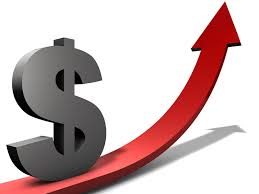2016 was the year of the price increase, as leading industry players experienced significant public outrage over what appeared to be extreme price increases. What is compliance’s role when it comes to price increases? Does the ethics and compliance function get to weigh in on how decisions to raise the prices of products are reached, or does this function lie solely with the business? This article explores those questions.
It is safe to say that in the life sciences regulatory world, 2016 was the year of the price increase, as leading industry players experienced significant public outrage over what appeared to be extreme price increases.
Investigations, subpoenas and congressional hearings led to settlements and fines, as in early December 2016, Pfizer was charged a record £84.2 million fine by the UK’s Competition and Markets Authority (CMA) for the overnight price increase of 2,600% for an epilepsy drug. The CMA did not stop there, and went further to also fine the distributor Flynn Pharma £5 million for its part in the pricing scheme. Although Pfizer is currently appealing the findings, it is alleged that prices for the drug in the UK were many times higher than elsewhere in Europe and that “the companies deliberately exploited the opportunity offered by de-branding to hike up the price for a drug which is relied upon by many thousands of patients”. CMA added that “these extraordinary price rises have cost the NHS and the taxpayer tens of millions of pounds”.
Read the full article in the February 2017 issue of Life Science Compliance Update.

